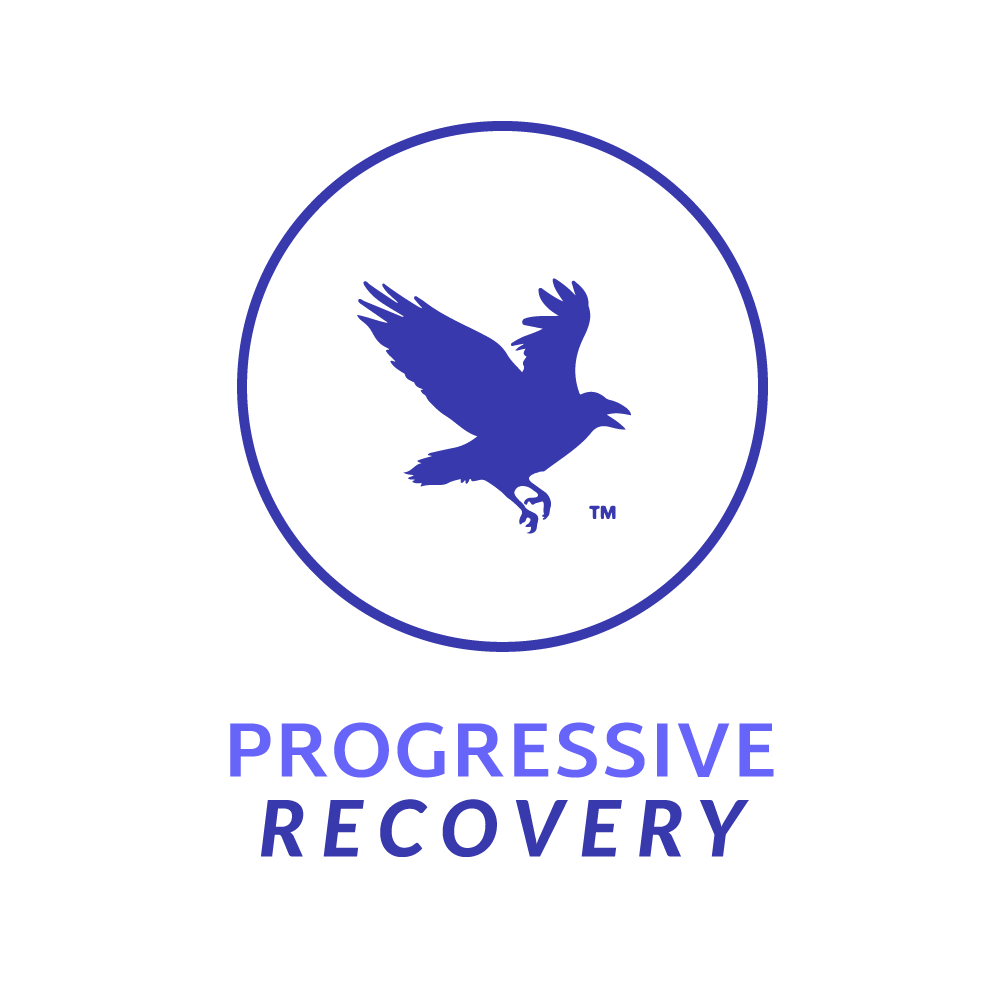Where the Spiritual and Physical Converge: Exploring Progressive Recovery Through Yoga
If you hang out long enough in the rooms of recovery it becomes clear that many recovering people have a strong calling to eastern philosophy and practice. It seems this is often motivated by the significant encouragement to practice open-mindedness, as well as emphasis on prayer and meditation. Meg is typical in that regard, but her perspective on what she has discovered is not typical in terms of how she views it as a complement to her step-based recovery.
What is the one thing you are doing today that is the most important in continuing to advance your recovery, and why?
For me, recovery encompasses the journey inward and the journey outward: inward to know, accept, love and care for the person I am, and outward to know, accept, connect with, love, and care for others. First I used the twelve steps and the fellowship to launch and sustain me along that journey. Lately, in addition to the traditional twelve step program I remain steadfastly committed to, I have added another component: teaching yoga to people in recovery.
For the past two years, I have been melding yoga, meditation, and recovery, the centerpieces of my life, through teaching in a recovery center. These yoga classes feed my soul and energize my recovery. There is a palpable sense of healing for all of us as we stretch, breathe, relax, open, let go and receive with and from one another. It is similar to going to a meeting in that something happens which is beyond words and explanation.
How did you start incorporating yoga as a Recovery practice?
I have been practicing yoga since 1975 and continuously sober since 1985. I wasn’t sure that I wanted to do a yoga teacher training, wasn’t sure that teaching yoga was a path for me, but I did want to take my own practice to the next level. I was drawn to Kripalu, where I had done various workshops, and I knew their style of yoga and their resources for teaching were what I sought. In 2014, I began my training and by the time I finished in February of 2015, I knew why I had begun: my goal was to find a way to bring yoga to other recovering people.
I had heard of various Recovery Yoga programs that required special training in order to do the practice under a particular “brand.” But what I had in mind was really simple: just a yoga class in which everyone was in recovery. And I knew enough yoga teachers in recovery that we could make that happen.
I came home to Burlington and approached Gary DeCarolis, the director of The Turning Point Center of Chittenden County, a 365-day-a-year support center for alcoholics and addicts. I had used the center myself and knew Gary a little, but in that first meeting to talk about a possible yoga program, a true partnership was made. Gary has championed the idea, donated space, personnel, and time, and he has helped raise the money to start and maintain five free Recovery Community Yoga classes a week at Turning Point. All the classes are taught by recovering people, and they draw a full spectrum of the recovery community: from people in long term recovery to people living in shelters and struggling in their first days and weeks clean and sober.
Our program is going into its third year and has been featured in two local newspapers and was included in Yoga Journal’s Live Be Yoga Tour to highlight ways in which yoga is uplifting different communities around the country.
What’s different about this process than traditional recovery practices? What makes it applicable to others?
The only thing I can compare Recovery Community Yoga to is traditional twelve step recovery meetings and fellowship, and, in many ways, they are similar: one recovering yogi helping another by sharing experience, strength, and hope. In yoga, we move more, we often have music, there is less talking, but the root experience creates a very similar result: we feel better equipped to have a good day clean and sober, to weather whatever life might send our way. We build a trusted community of people we see regularly whom we laugh with, share with, open up with, and come to love.
I would never advise that Recovery Community Yoga replace traditional recovery practices or exercise or personal therapy or medical supervision. I see it as one more deeply valuable component of a happy, healthy, balanced, successful, clean and sober life.
What would you recommend for a beginner looking to get into yoga to complement their recovery?
The best place to start is with one's own yoga practice in the hands of a good teacher and with readings and on-line resources. Like meetings, there are different styles and cultures (for lack of a better word) at different studios. I would suggest trying many classes for beginners in one's area and feeling one's way. There are also different programs that exist for connecting recovery and yoga: Yoga for Recovery and Y12SR are two with which I am familiar but have no personal experience.
Meg demonstrates the power of adding to one’s recovery without having to threaten either their core approach, or their recovery process. For Meg, the yoga practice is an example of searching, open-mindedness, and spirituality that has enhanced her recovery.




